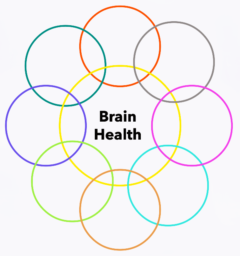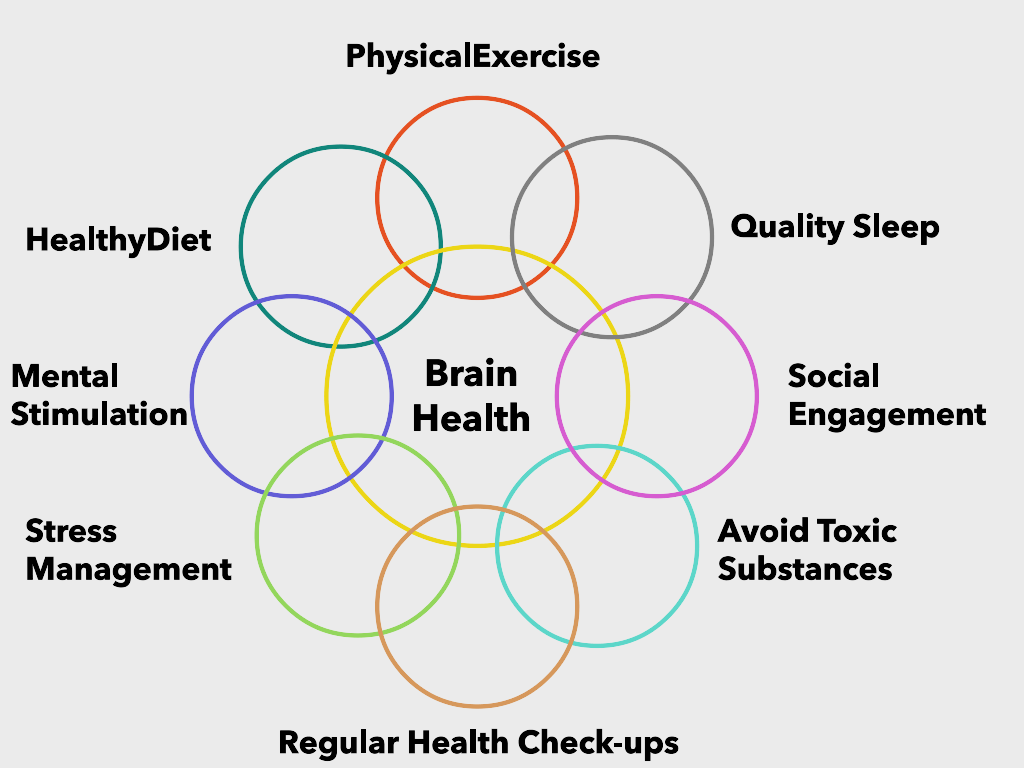
In this article cognitive decline refers to the changes in brain function that can occur as a part of aging. This isn’t about the occasional forgotten name or misplaced keys; it’s a more substantive change that can impact daily living. The process can be gradual and varies significantly among individuals.
Genetics, lifestyle choices, and environmental factors can all play a part in how sharply or gently your brain ages. It’s a complex interplay that experts are still working to fully understand.
There’s a crucial difference between normal changes that don’t significantly disrupt your life, like occasionally forgetting words, and more serious impairments that could signal conditions such as dementia. Spotting these differences early is key.
To put this into perspective, cognitive decline is not a marginal issue. Current statistics signal that with rising life expectancies, more people are facing the challenge of maintaining brain health well into their later years.
So what can be done to mitigate these risks? While some factors are beyond control, there are proactive steps you can take. I’ll show you how certain lifestyle choices can offer significant benefits for your brain health as you age.
Lifestyle Choices That Bolster Brain Health
Your daily choices have power. The foods you eat, your physical activities, and your intellectual pursuits all play a significant role in maintaining cerebral fitness as you age. It’s not just about dodging risks; it’s about enriching your brain’s environment.
A diet sustaining brain health isn’t complicated. Staples include fruits, vegetables, and plenty of omega-3 fatty acids found in fish like salmon. These nutrients act as brain-building blocks and protectors, warding off inflammation and supporting cognitive function.
Regular exercise transcends weight management. By increasing blood flow to the brain, it fosters new neuronal connections. A routine as simple as brisk walking for 30 minutes most days can bolster brain health. The key is consistency.
Continue to challenge your brain. Engaging in new skills, reading, or even complex puzzles keeps your brain active and builds cognitive reserve. This reserve acts as a buffer, equipping you with flexibility to handle age-related changes more effectively.
Let’s not forget the profound impact of social engagement. Staying connected with friends, volunteering, or participating in group activities provides mental stimulation and emotional support, crucial for navigating the aging process with mental sharpness intact.
Professional and Medical Interventions
Regular health check-ups aren’t just about catching issues early; they’re also a stepping stone for maintaining brain health. Ensuring that any chronic conditions, like diabetes or hypertension, are well-managed is crucial for preventing cognitive decline. High blood pressure in midlife, for instance, has been linked to increased risk of cognitive issues later on.
It’s common knowledge that a healthy body supports a healthy mind. Certain medications and supplements may have a positive impact on cognitive health. For example, some studies suggest that vitamins such as B12 and D, as well as omega-3 fatty acids, might protect against memory loss. However, always consult a healthcare provider before starting any new supplement.
Perhaps less obvious is the significant role mental health professionals play. Psychologists and counselors can help identify early cognitive decline symptoms and provide strategies to manage stress, anxiety, and depression, which may otherwise exacerbate cognitive issues.
Finally, keeping up with the scientific progress gives hope. Promising research on new treatments for neurodegenerative diseases offers a poignant reminder of the importance of clinical trials and the potential for breakthroughs. For those interested, participating in reputable clinical studies can be a proactive way to contribute to the advancement of cognitive health science while potentially gaining access to cutting-edge treatments.
Creating a Supportive Environment for Aging Individuals
Creating a nourishing environment is crucial for aging individuals to maintain cognitive health. A living space that is safe, engaging, and brain-stimulating can significantly contribute to the quality of life and cognitive function. Here’s how you can ensure a supportive environment:
Safety first: Reduce the risk of falls and injuries by securing rugs, improving lighting, and installing grab bars in critical areas. This will protect from physical harm that could also impact brain health.
Engagement is key: Encourage the inclusion of brain-stimulating activities, such as memory games, music, and art, which can be both enjoyable and mentally beneficial.
Connect with community: Leveraging local senior centers, libraries, and recreational programs can provide social engagement that supports cognitive function and mitigates the risk of isolation.
Education and support for families: Families play an integral role in supporting seniors. Educating family members about cognitive decline and providing them with tools to engage their loved ones are important steps.
Future planning: It’s essential to plan for future care needs. This includes legal and financial planning and discussing options with family members to ensure preferences are respected and well-being is prioritized.




